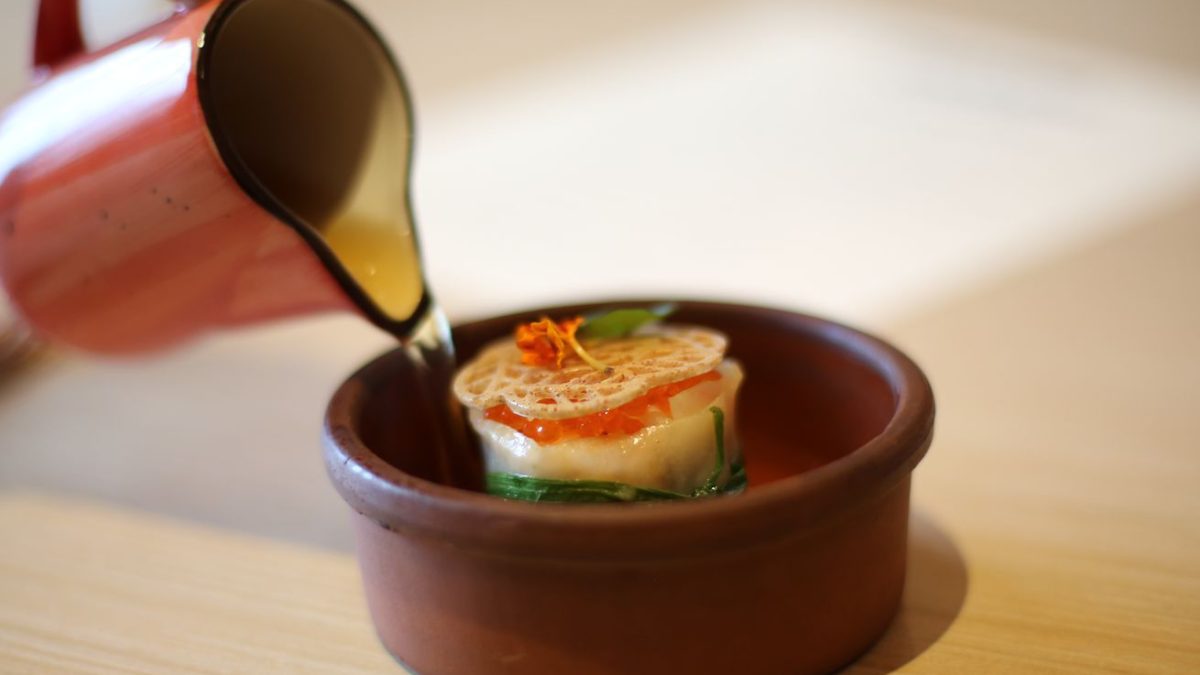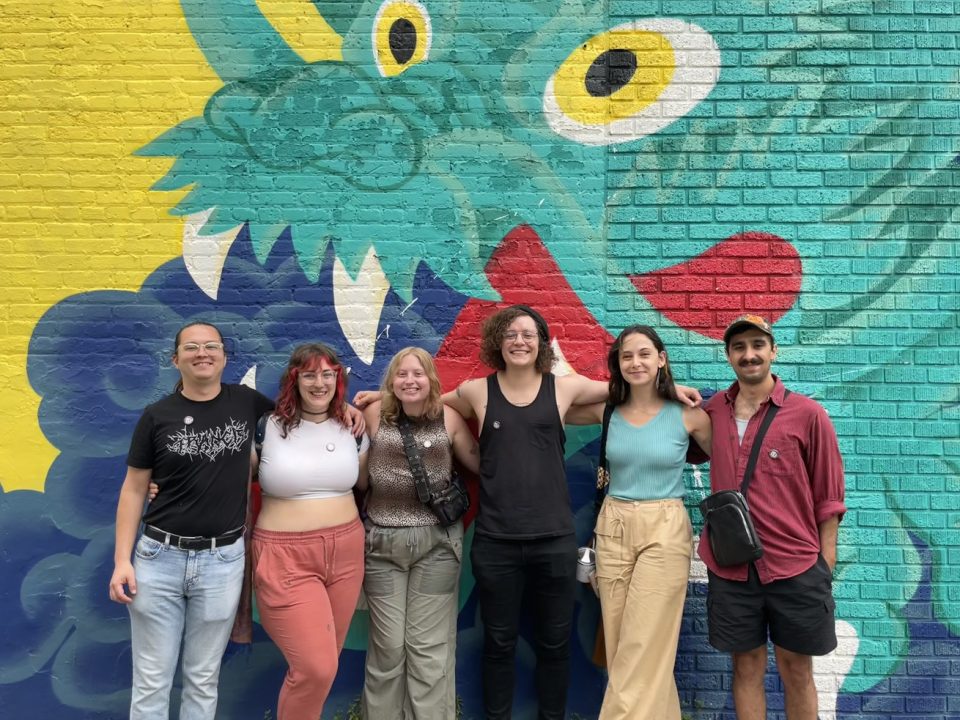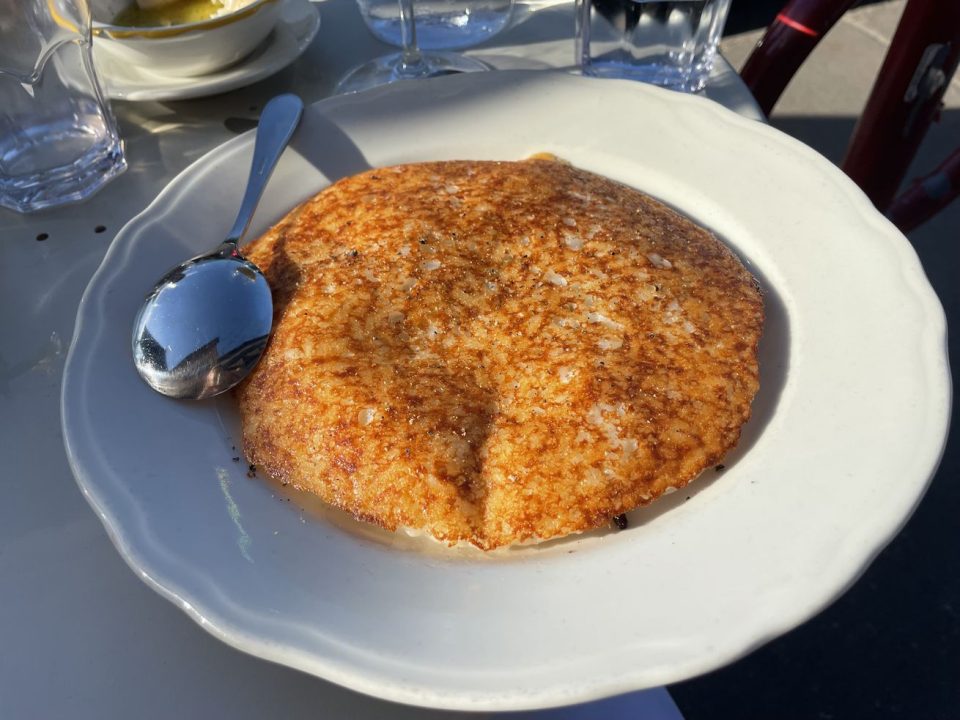The restaurant’s Waníyetu menu launches January 12 with braised elk, spice bush granita, and wild rice tuile
Indigenous restaurant Owamni is introducing its second tasting menu, a 13-course progression that includes dishes like poached walleye, delicate trout roe tostadas, smoked bison loin, and sweet potato dumplings dusted with maple sugar. Launching January 12, Waníyetu is a departure from the restaurant’s usual family-style dining. An la carte lunch and dinner won’t be offered during its run — but in their place is a singular experience in modern Indigenous fine dining; a snapshot of Owamni at its apex.
Waníyetu means “winter.” The menu forgoes some of the fussier hallmarks of fine dining (“There’s no alter-text, there’s no molecular gastronomy,” says executive chef Lee Garman), favoring simpler presentations that let the ingredients — many of them from local Indigenous producers — shine through. Bison meat comes from Cheyenne River; the trout roe, from Red Cliff Fish Company, is known locally as “Lake Superior gold”; maple syrup adds a caramel sweetness to sumac tea. “[We want] to share with the clientele about the meanings behind these food, especially with wild foods and wild plants,” says chef Sean Sherman. “How it ties into not just food, but to medicine, to culture, to stories, and so much more than just the seasonal aspects.”
Owamni is offering a selection of free tickets for its own staff to use or share; after those are used, they may expand to a broader community lottery to create access for diners who couldn’t otherwise afford it.
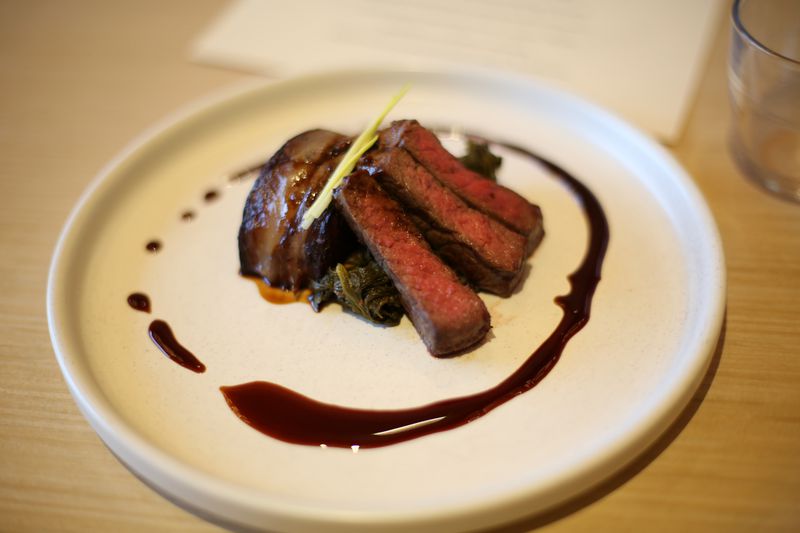
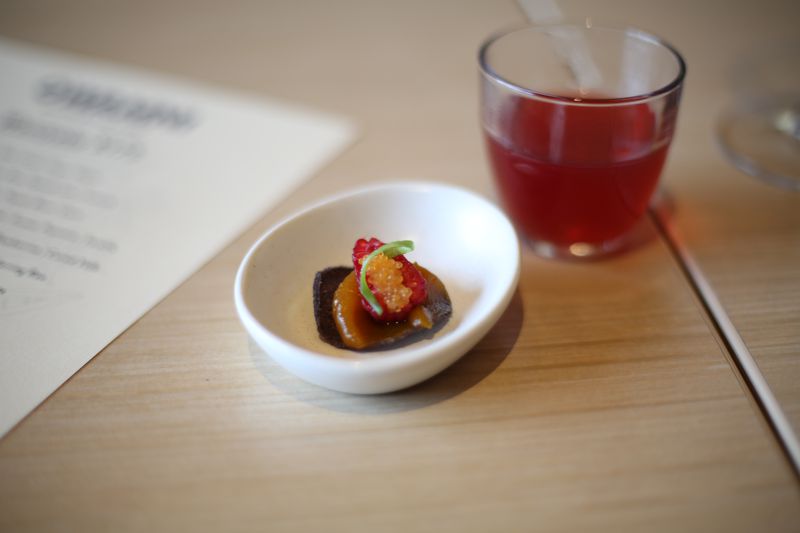
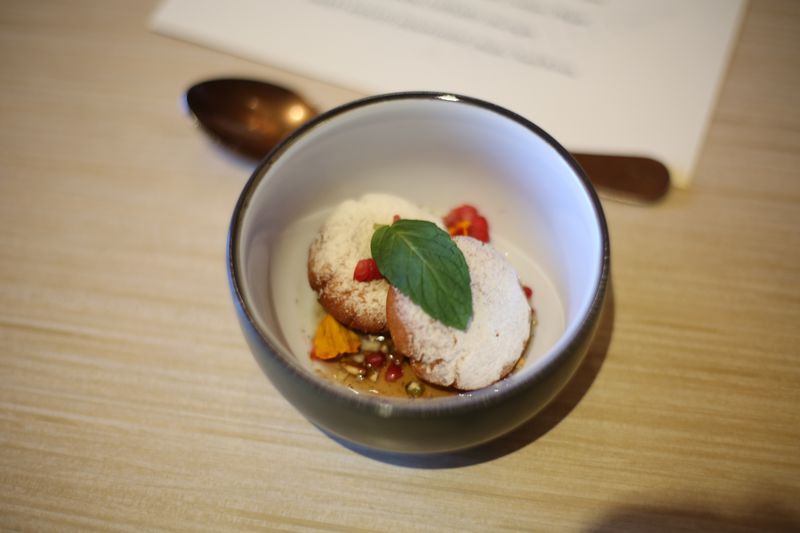
“The reality is that fine dining exploits a lot of people — it exploits a lot of talent,” says Sherman. “And it’s just the people that can afford $700 dinner that reap the benefit. We want to look at fine dining through a different lens, as a place where we can tell stories, as a place where we can educate and further our own knowledge and experiment.”
The Waníyetu menu is $175 per person; diners have the option to add a wine pairing, curated by general manager Chrissy Sierra, or a nonalcoholic drink pairing. Sierra’s wine selections all come from BIPOC producers, like California’s Camin 2 Dreams and JC Bravo, a small family producer in Valle de Guadalupe. Sierra notes that Mexican wines are relatively hard to come by in the U.S.: “With everything between land access as well as the way that NAFTA has affected importing wine up from Mexico … it’s amazing that a small family was able to break through the larger mold.” Owamni’s regular beverage menu will be available, too.
Ten percent of every Waníyetu dinner purchased will go directly to North American Traditional Indigenous Food Systems, Sherman’s nonprofit. Earlier this year, NATIFS acquired Owamni, and revenue generated by the restaurant now helps fund the nonprofit’s work expanding access to Indigenous food in Minnesota and around the country. NATIFS is soon expanding its Indigenous Food Lab model to a new location in Boseman, Montana, where Sherman has a vision to build a restaurant similar to Owamni in a tourist-heavy part of town. All of it — the restaurant, the tasting menu, the cafe and market — funnels tens of thousands of dollars toward Indigenous producers, Sherman says.
Waníyetu doesn’t have a determined end date, though Sherman says the menu will run at least through Valentine’s Day. Reservations can be made online for either 5 p.m. or 7:30 p.m. seatings.



